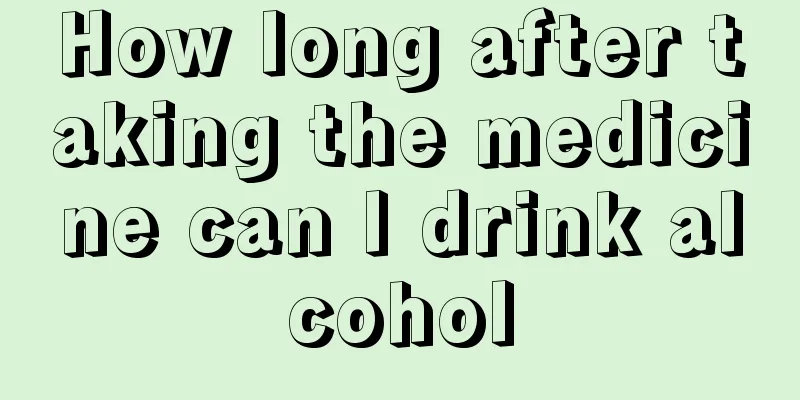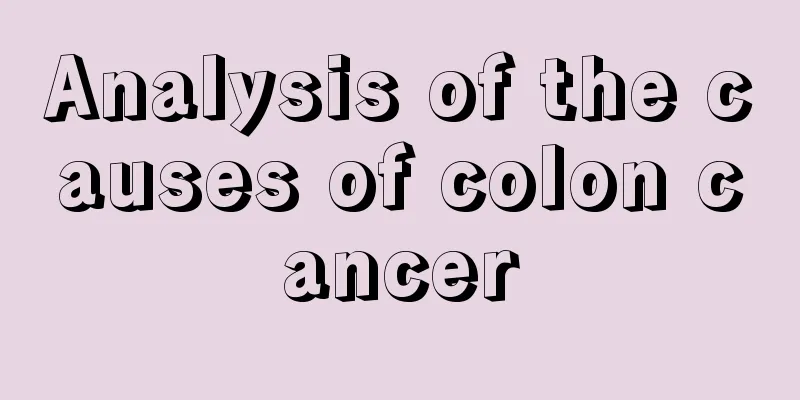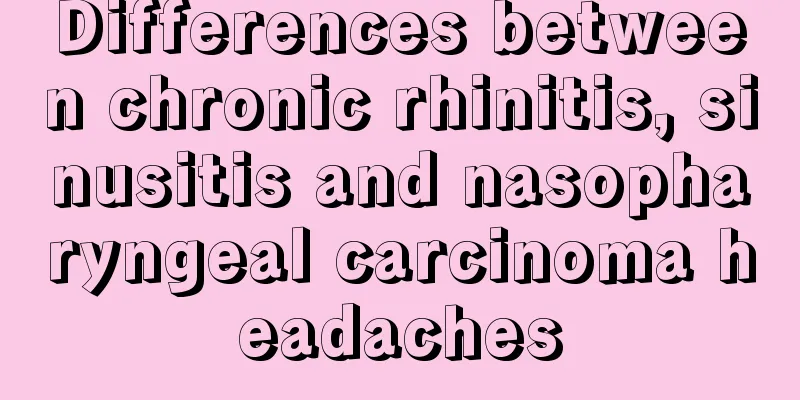How long after taking the medicine can I drink alcohol

|
In fact, many medicines are chemicals, so some foods can easily affect the efficacy of the medicines. For example, tea and alcohol. Everyone knows that you cannot drink alcohol after taking medicine. Some medicines even require patients to strictly control their alcohol intake. So, how long after taking the medicine can you drink alcohol? In fact, we do not recommend drinking alcohol while taking medication. If you really can't help it, you should wait 3 hours. Drinking alcohol or coming into contact with alcohol after taking certain medications can cause acetaldehyde accumulation in the body, which can cause poisoning reactions. For example, some cephalosporin antibiotics (such as ceftriaxone sodium, etc.), imidazole derivatives (such as metronidazole, tinidazole, ornidazole, ketoconazole, furazolidone, chloramphenicol), sulfonylureas, and biguanide hypoglycemic drugs can induce this reaction. In order to ensure the efficacy of traditional Chinese medicine and make it play its therapeutic role better, it is necessary to avoid certain foods when taking traditional Chinese medicine. The following points should usually be noted: Do not drink strong tea when taking Chinese medicine, because tea contains tannic acid. Strong tea contains more tannic acid. When taken with Chinese medicine, it will affect the body's absorption of the active ingredients in the medicine and reduce its efficacy. It is not advisable to eat radish when taking Chinese medicine (except for taking qi-regulating and phlegm-resolving medicines), because radish has the effects of helping food and breaking up qi. Especially when taking tonic Chinese medicines such as ginseng, eating radish will reduce the effectiveness of the tonic and cause it to lose its tonic effect and fail to achieve the therapeutic purpose. Patients with digestive tract diseases such as hepatitis and chronic gastroenteritis should avoid taking garlic when taking spleen-strengthening, stomach-warming and stomach-regulating medicines. Garlic contains allicin, which can stimulate the gastrointestinal mucosa and cause congestion of the mucosa, and the Chinese medicine they take will not be able to effectively play its therapeutic role. You cannot eat chili peppers when taking Chinese medicine, especially when you have a fever. It is even more inappropriate to eat chili peppers when taking medicine for clearing heat and cooling blood or nourishing yin and reducing inflammation. Chili peppers can reduce the efficacy of the medicine, making the treatment ineffective or weakening the efficacy. When taking Chinese herbal decoctions and pills, avoid raw, cold, and greasy foods. Because raw and cold foods stimulate the gastrointestinal tract and affect the gastrointestinal absorption of drugs, greasy foods are difficult to digest and absorb, and greasy foods mixed with drugs can hinder the gastrointestinal absorption of the active ingredients of drugs, thereby reducing the efficacy. |
<<: The body parts represented by the palms
>>: How many days after a urinary tract infection can I have sex?
Recommend
What are iodine 125 particles
Iodine-125 particles are a radioactive isotope us...
Why are my hands shaking non-stop?
Hand tremors are an experience that many patients...
How to masturbate most happily
For most boys who have no sexual experience, if t...
What are the specific early symptoms of lung cancer? Three early symptoms of lung cancer: early detection and early treatment
Early lung cancer has some symptoms, which are no...
Can I use enema if I don't have the urge to defecate?
Constipation is quite common in our life and ther...
What should I do if I have a cold and a high fever that won’t go away? It has such a big impact on the fetus
A high fever caused by a cold is extremely harmfu...
There is green in the middle of the tomato
When we go to buy tomatoes, we may find that some...
How to eat coix seed to remove spots?
Facial spots have always been a skin problem that...
How to use agarwood powder
Many people don’t know what agarwood powder is, l...
Oven barbecue recipes
I believe most people prefer to eat barbecue, and...
Will prostate cancer metastasize to the kidneys? Beware of these major hazards of prostate cancer
Prostate cancer is a relatively inflammatory dise...
What are the steps to wash your hair with ginger water
Ginger is a very common ingredient. There are man...
How many years can one live with colon cancer
How long can a patient with colorectal cancer liv...
Do you know the knowledge of health care in the twelve hours?
In order to make our bodies better and better and...
What to do if yellow scabs repeatedly form on the nose
Repeated yellow crusting of the nose is an import...









